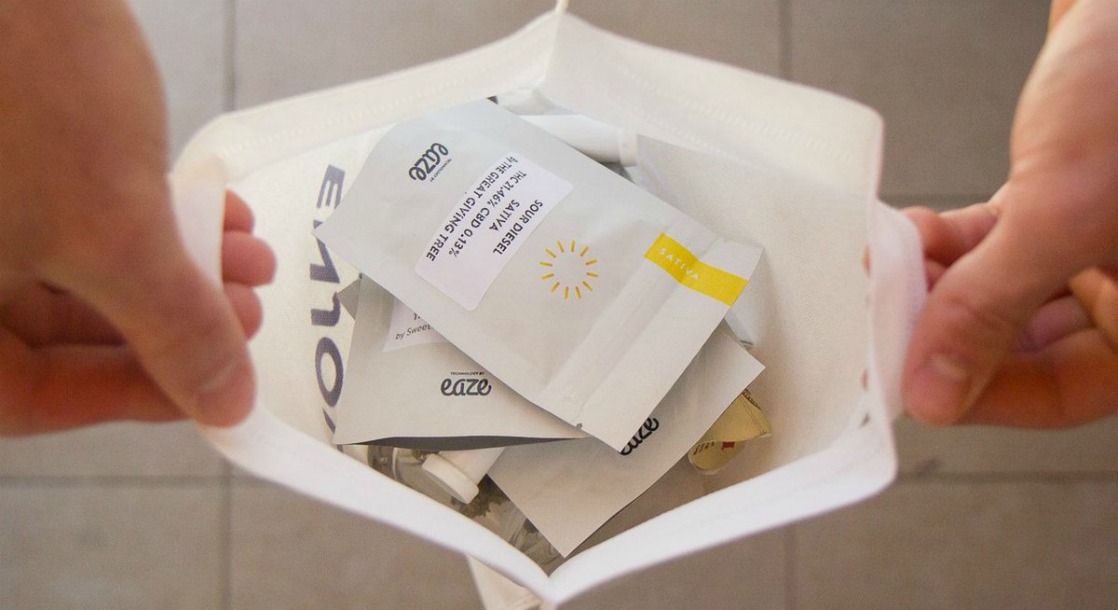Back in 2016, two years after Oregon legalized adult-use, the city of Portland approved a 3 percent sales tax on legal pot sales. City residents who voted for the measure were sold on the city’s plan to divide the resulting revenue (more or less) equally between public safety, substance-abuse treatment programs, and support for small businesses in economically disadvantaged neighborhoods. A recent city audit found that the division of this revenue has been anything but equal, though, as the majority of the money actually went to fund budget shortages for the Portland Police Bureau.
The city’s most recent audit, released earlier this month, reports that the city made $3.6 million in pot tax-revenue during the 2018 fiscal year, and $4.6 million in 2019. The audit reports that only 16 percent of the past two years’ revenue was allocated to fund substance treatment programs, while only a meager 5 percent was designated to assist small businesses. Most of the remaining 79 percent was handed to the Portland Police Bureau’s traffic division, with the intended goal of helping police crack down on intoxicated drivers.
So, rather than using these funds to hire new traffic safety officers or increase the number of DUI patrols, further research revealed that the police department instead used the money to backfill general budget shortfalls.
City Commissioner Jo Ann Hardesty told Willamette Week that “clearly the supermajority [of tax revenue] went to law enforcement, but there doesn’t seem to be a tie to cannabis at all.” Hardesty told police officials that she expected “to see an actual increase in enforcement” of DUI laws, and was “disappointed that these dollars didn’t deliver it.”
Commissioner Amanda Fritz defended the police bureau’s decision, noting that “the ballot measure did not specifically say we could not backfill.” Fritz also argued that the division of revenue among the three categories was “never intended [to be] be entirely balanced.”
Hardesty disagreed, arguing that “the people who have been criminalized for marijuana policy and activity are not the people who are making bucket loads of money every single day. When we sold this to the public… we talked about trying to undo some of the harm that has been caused by past public policy.”
City auditors criticized the Portland City Council for failing to allocate the revenue equally between the required categories, and for failing to be transparent about exactly how they were choosing to divvy up the funds.
“Community members, cannabis businesses, or others affected by past cannabis policies have not been involved in the overall budget decisions, and the City has not reported on how it’s used the tax revenues,” the audit said, according to Willamette Week.
“There has also been no public reporting on the use of the funds, despite the ballot measure requirement for annual reporting,” the audit continues. “Voting on recreational cannabis tax allocations as part of the overall City budget, with no separate opportunity for comment or description of how the funds will be used, leaves community members with no way to influence the allocation decisions.”
To resolve the issue, auditors recommend that the City Council create an oversight committee to ensure that future tax revenue will be divided more fairly.











